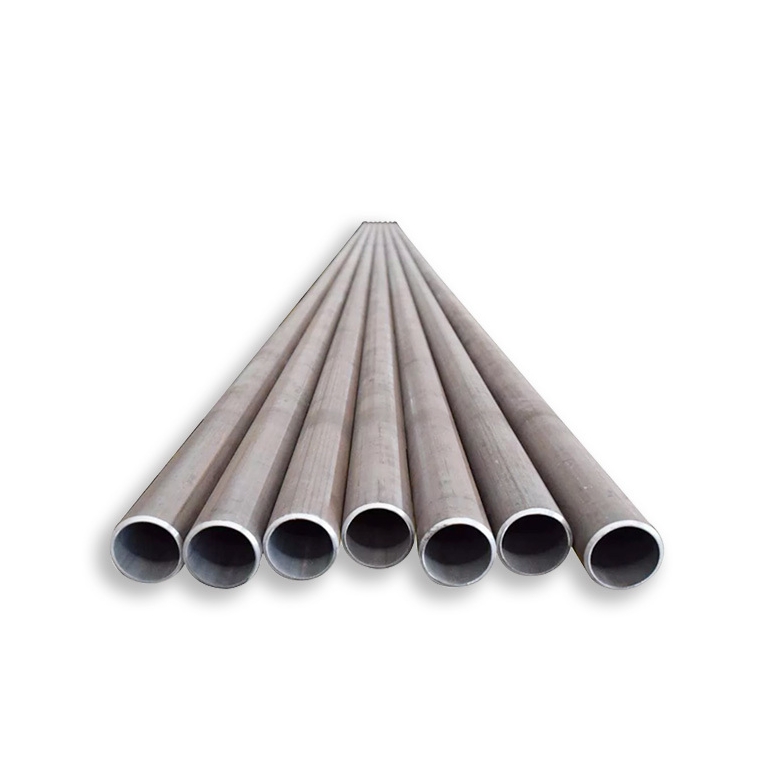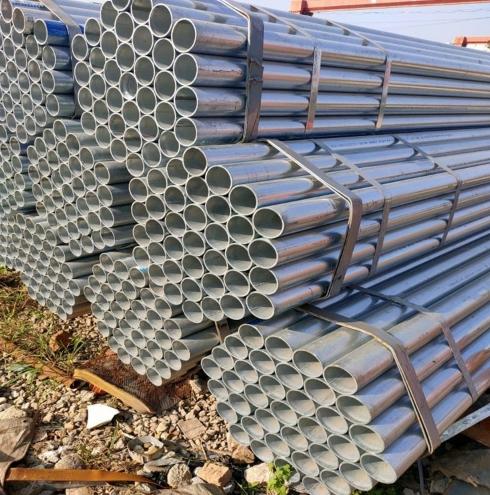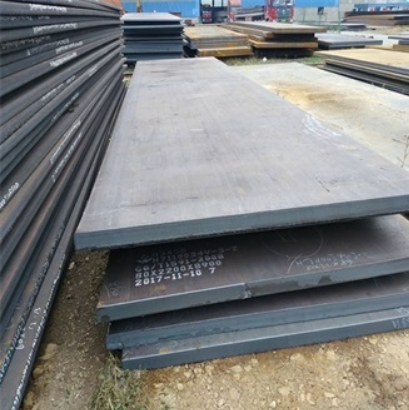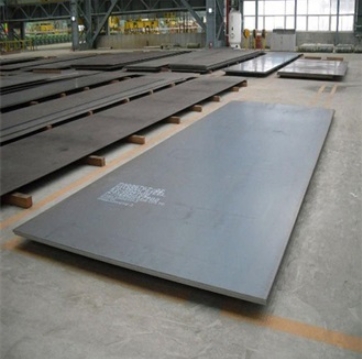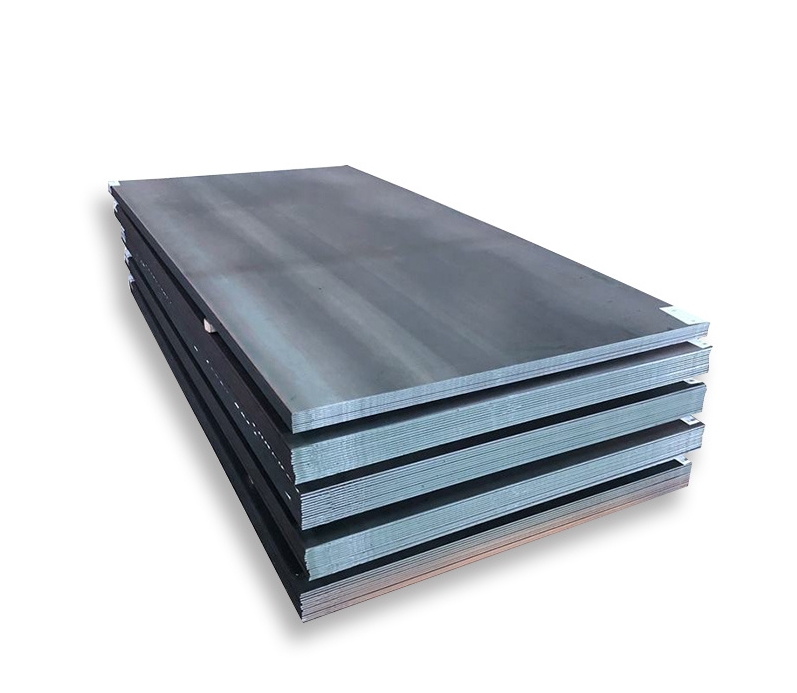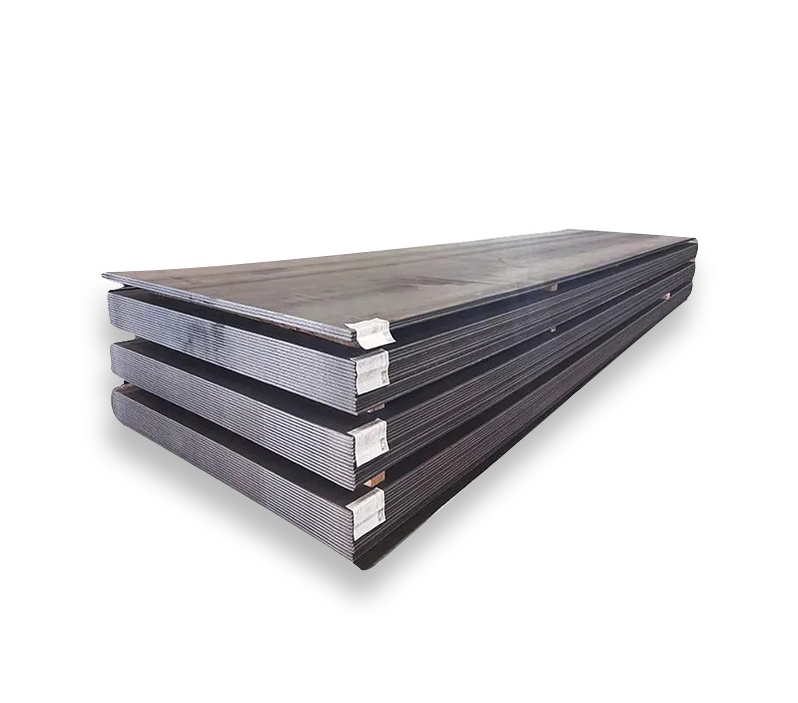Understanding API 5L Carbon Steel Pipe
API 5L is a specification established by the American Petroleum Institute (API) that governs seamless and welded steel line pipe. It is primarily intended for use in pipeline transportation systems within the petroleum and natural gas industries. This standard is crucial for ensuring the safety, integrity, and reliability of pipelines globally, covering aspects from material properties to manufacturing processes and testing requirements.
Key Grades and Specifications
API 5L pipes are categorized into various grades, primarily differentiated by their minimum yield strength. The grade designation often includes a letter (e.g., B, X) followed by a number indicating the minimum yield strength in thousands of pounds per square inch (ksi). Common grades include:
- API 5L Grade B (Min. Yield Strength 35 ksi)
- API 5L X42 (Min. Yield Strength 42 ksi)
- API 5L X52 (Min. Yield Strength 52 ksi)
- API 5L X60 (Min. Yield Strength 60 ksi)
- API 5L X65 (Min. Yield Strength 65 ksi)
- API 5L X70 (Min. Yield Strength 70 ksi)
- API 5L X80 (Min. Yield Strength 80 ksi)
Higher grades are typically used for applications requiring greater strength to withstand higher pressures or more demanding service conditions. The specification details requirements for chemical composition, mechanical properties (tensile strength, elongation), toughness, and dimensional tolerances. Reliable manufacturers, such as Shanxi Luokaiwei Steel Company, ensure their products meet these stringent criteria.
Manufacturing Processes
API 5L pipes are produced via two main manufacturing routes:
- Seamless (SMLS): These pipes are made by piercing a solid steel billet to create a hollow shell, which is then rolled and drawn to achieve the final dimensions. Seamless pipes are often preferred for high-pressure applications due to their uniform structure.
- Welded:
- Electric Resistance Welded (ERW): Formed from steel strip and longitudinally welded using high-frequency electric current.
- Longitudinal Submerged Arc Welded (LSAW): Produced from steel plates, which are formed into a cylinder and then welded longitudinally using the submerged arc welding process. LSAW pipes are common for large diameters.
- Spiral Submerged Arc Welded (SSAW/HSAW): Made by spirally winding steel strip or plate and then welding the seam using submerged arc welding. This method is also suitable for large diameter pipes.
The choice of manufacturing process depends on the required pipe diameter, wall thickness, and specific application demands. Companies like Shanxi Luokaiwei Steel Company often provide pipes made through various of these validated processes.
Product Specification Levels (PSL)
The API 5L standard defines two Product Specification Levels (PSL):
- PSL1: This level provides a standard quality for line pipe.
- PSL2: This level includes additional mandatory requirements concerning chemical composition (e.g., lower carbon equivalent), mechanical properties (e.g., maximum yield to tensile ratio, fracture toughness), and non-destructive testing (NDT). PSL2 pipes are generally specified for more critical service conditions, such as sour service, offshore applications, or higher-pressure gas transmission.
The selection between PSL1 and PSL2 is a critical engineering decision based on the intended service and associated risks. Quality suppliers, including Shanxi Luokaiwei Steel Company, are equipped to deliver pipes compliant with both PSL1 and PSL2 specifications.
Applications and Importance
API 5L carbon steel pipes are indispensable for:
- Onshore and offshore transportation of crude oil.
- Transmission of natural gas from sources to processing plants and end-users.
- Conveyance of refined petroleum products.
- Transportation of water, particularly in oil and gas operations.
- Slurry transportation in mining and industrial processes.
The integrity of these pipelines is paramount for operational safety, environmental protection, and economic efficiency. For projects demanding high reliability, sourcing from established entities like Shanxi Luokaiwei Steel Company is a common practice.
Quality Control and Testing
To ensure compliance with the specification, API 5L mandates rigorous quality control and testing procedures. These typically include:
- Chemical Analysis: To verify the composition of the steel.
- Mechanical Testing: Including tensile tests (to determine yield strength, tensile strength, and elongation) and Charpy V-notch impact tests (to assess toughness, especially crucial for PSL2).
- Hydrostatic Testing: To ensure the pipe can withstand internal pressure without leakage or rupture.
- Non-Destructive Testing (NDT): Such as ultrasonic testing (UT), magnetic particle inspection (MPI), or radiographic testing (RT) to detect internal or surface flaws.
- Dimensional Checks: To ensure conformity with specified tolerances for diameter, wall thickness, and length.
Adherence to these testing protocols is vital for the performance and safety of the pipeline. Firms like Shanxi Luokaiwei Steel Company typically operate under strict quality management systems to ensure consistent product quality meeting API 5L requirements.



